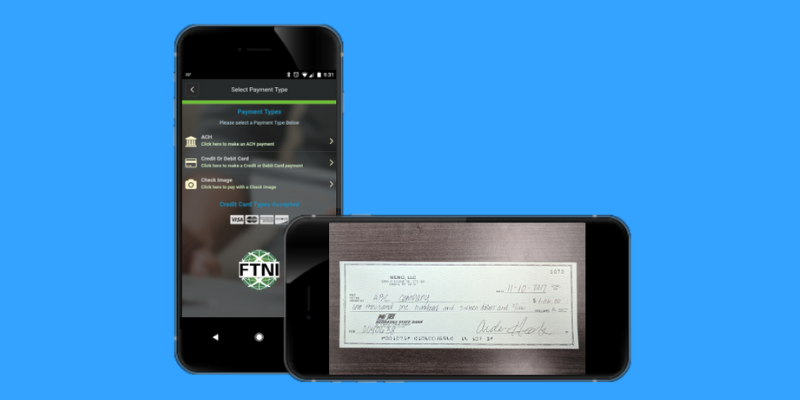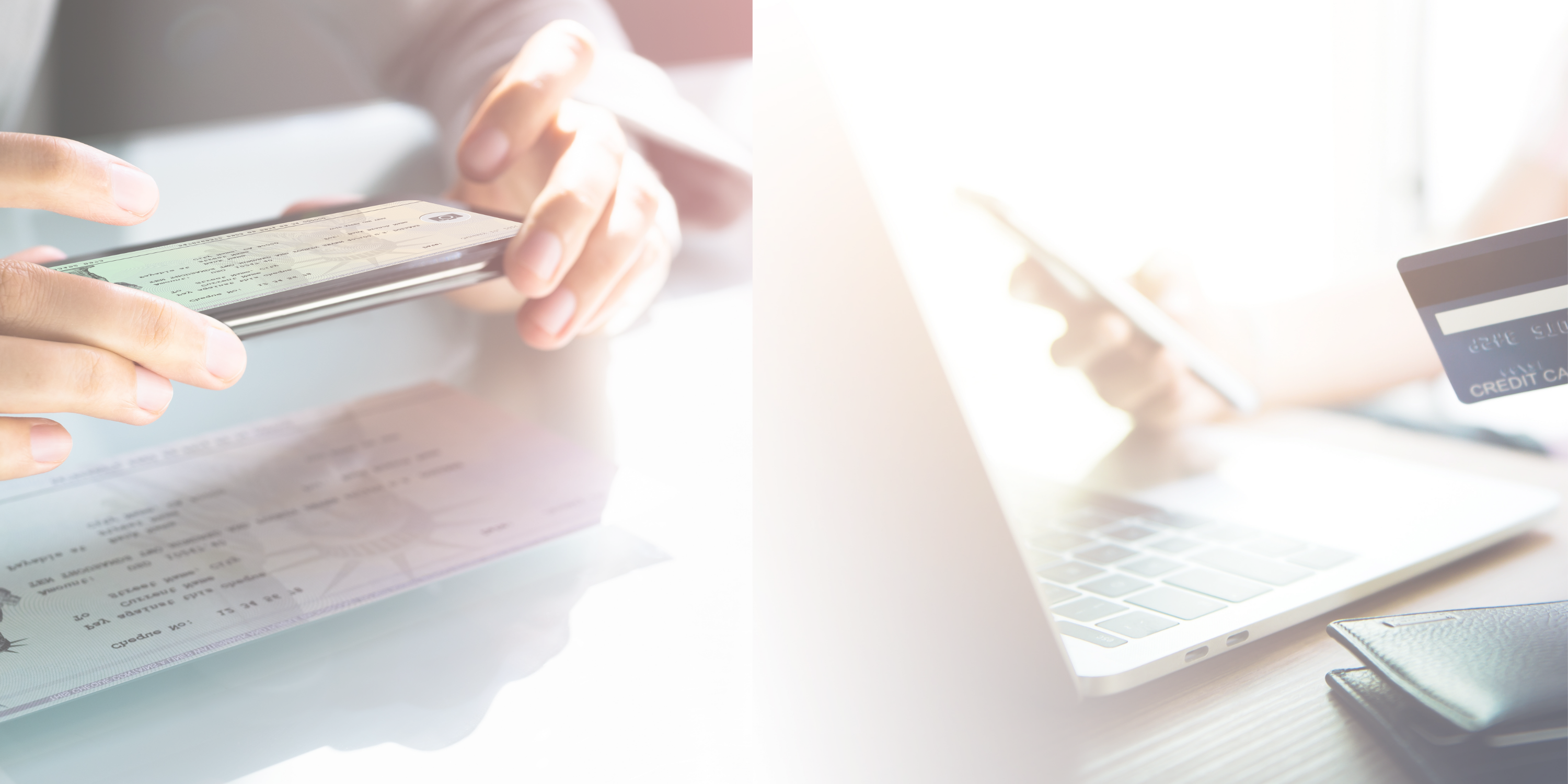Contact Sales (402) 933-4864
Contact Sales (402) 933-4864
Written by: Lyle Knox

Originally published on 7/14/2014.
Updated on 2/16/2022.
If your business provides a service or product that is billed on a recurring basis, automated recurring credit card payments will make running your business a lot easier. Recurring credit and debit card payments let you automatically bill your customers on regular intervals—determined on a customer-by-customer basis, either with a specific date or interval-based elapsed time such as every two weeks.
Automatic payment services have become a very common way for customers to pay bills across both the business and consumer payment landscapes. Vehicle insurance, online hosting or internet access, streaming services, and many other monthly billed services utilize recurring credit card payments. Recurring bills have become more common as new payment methods and channels are adopted by consumers. For example, many individuals utilize monthly recurring payments to pay for utility and maintenance bills. If you provide a service or product on a specific interval, offering your customers this convenient, contactless way to pay will be a welcome option. Your customers won't have to worry about whether they miss a payment as each credit card charge occurs on a recurring, automated basis.
Recurring card payments is a feature that most credit card aggregators and third-party processors provide. While most merchant account providers offer these services specifically, it is highly likely that you will need a merchant account for a third-party processor’s service. Most of these features also provide electronic invoicing and receipting options.
Most providers of recurring credit card payments also provide automatic electronic receipts. The customer receives notice before the charge hits their account, as well as the fact that the charge was successful. Electronic invoicing will also send an electronic receipt. If a payment was not successful, you can set the option of automatically resubmitting the charge or not, but the customer will receive a notice of the failure each time.
Whether you send an electronic invoice prior to a charge or not is largely dependent on the nature of your business. If your company provides a service or product where the charge amount never changes, such as a gym membership or internet connectivity, then sending an electronic invoice may not be necessary. If your business provides services that fluctuate from month to month, sending an electronic invoice may be useful to your customers so they are aware of what will be charged to their account and to check the invoice for accuracy.
One of the major benefits of recurring credit card payments is regular receivables. Knowing that your customer base will all be paying approximately around the same time will provide you the ability to plan for paying your bills as a business, as well as the ability to increase efficiency in your accounts receivable (A/R) operations overall. It will save you time and effort by having invoicing, receiving, receipting, and settlement all automated.
Once you have assessed your business operations and determined what would be best for your business, and most convenient for your customers, you will be able to research the best options for establishing recurring credit card payments for your business. There are a lot of advantages, features, and fee scales to consider with aggregators and processors, but with good research, you will find one that suits your needs best.

Let’s face it, the traditional processes surrounding the processing and management of...
Read More
Checks Changing Channels, Online Payments Proliferation, Automated Cash Application & How...
Read More
5...4…3…2…1… As we count down towards the new year, there’s no better time for businesses to pop...
Read MoreFinancial Transmission Network, Inc.
13220 Birch Drive, Suite 120
Omaha, NE 68164
Sales: +1 (402) 933-4864